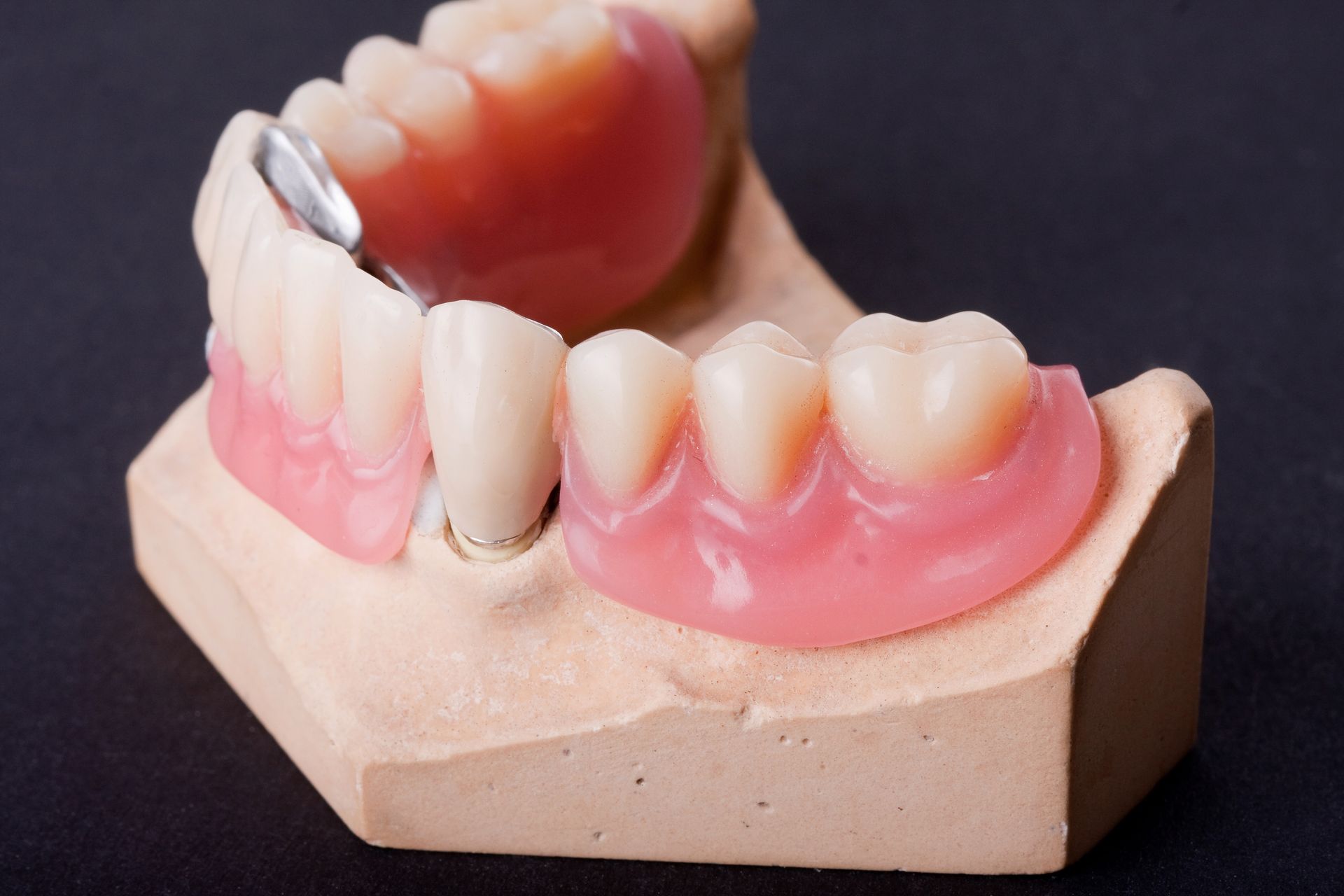Dental Implants: Frequently Asked Questions
What Are Dental Implants?
A dental implant is a small metal frame that a dentist places into the jawbone to substitute a tooth root. Dental practitioners make implants from titanium, which fuses with the jawbone in a process dentists call osseointegration.
A connector on the dental implant then links to the replacement tooth, which your dentist customizes to match your teeth's natural color.
Who Is a Fit Candidate for Dental Implants?
If you have one or multiple missing teeth, the chances are that dental implants are right for you. However, your dentist needs to assess your oral and general health since diseases like uncontrolled diabetes can delay healing after dental implant surgery. You also need sufficient jawbone to support the implant, and a bone graft may be necessary to regenerate lost bone.
Dedication to daily brushing and flossing and regular dentist appointments is another requirement for dental implants. Each person who receives dental implant surgery heals differently, and you have to follow your dentist's instructions for a smooth process.
Are Implants Safe?
Dental implants are among the safest treatments in modern dentistry, with a high success rate. If you worry about how the titanium screw affects your jawbone, you will be relieved to know that it doesn't react with body tissues or fluids. However, the success of your implants depends on how well you care for them and how often you go for maintenance appointments.
Do Implants Hurt?
Many patients are anxious before dental implant placement, but you can expect minimal discomfort. Dentists attach the implants under anesthesia to keep you comfortable during the procedure. You will likely resume your daily activities the next day, and any lingering discomfort only lasts a short time.
Are Dental Implants Noticeable?
Your dentist matches the replacement teeth with your natural set, restoring your natural smile. Your implant fuses with your jawbone over time, and you often forget that you have implants, as the replacement teeth function and look just like your natural tooth.
Why Do Many People Get Dental Implants?
Dental implants' high success rate and natural appearance contribute to their popularity. For people with dentures, their main concern is restorative options that won't slip in the mouth and affect their speech. Dental implants become permanent accessories in your mouth, and you can eat, drink, talk, and laugh as usual.
Another benefit of restorative implants is their ability to improve oral health. Your dentist doesn't have to cut down adjacent teeth to place implants, unlike bridges, and you find it easy to access the space between individual implants when flossing or brushing. Also, dental implants discourage bone loss and restore bite force.
Do Implants Last?
Implants stay in place for decades as long as your jawbone is healthy and you take care of them properly. The implants fuse with your jawbone and serve as artificial tooth roots for replacement teeth. However, prosthetic teeth undergo wear and tear just like natural teeth, and you may require replacement after several years.
Various factors affect the lifespan of your implants, such as smoking, medications, treatments, and poor maintenance. In case of implant failure, your dentist may replace the implant, perform bone grafting if the implant failed because of inadequate bone, or recommend alternative solutions like dentures or bridges.
At Henderson Family Dentistry, we are committed to restoring the beautiful smiles of our patients through advanced dental treatments. Contact us today for an expert consultation if you have more dental implant questions.









